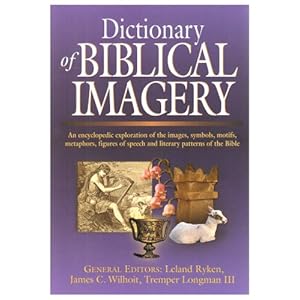Thomas Merton remains one of my spiritual mentors: time and again I hear a voice of compassionate rebuke, patient understanding and in a tone of self deprecating modesty. Often enough for me it is a needed corrective, a recovery of perspective which a too driven Baptist needs to consider on the advice of a Cistercian who died nearly 50 years ago.
"If our life is poured out in useless words,
we will never hear anything,
will never become anything,
and in the end,
because have said everything before we had anything to say,
we will be left speechless."
"The world our words have attempted to classify, to control,
and even to despise because they could not contain it, comes close to us,
for silence teaches us to know reality by respecting it where words have defiled it.
When we have lived long enough alone with the reality around us,
our veneration will learn how to bring forth a few good words about it
from the silence which is the mother of Truth."
These words are from Thoughts in Solitude, an early intense series of meditations Merton later felt were overstated, idealistic and betraying his early over earnestness. But actually some of the most important spiritual writings are forged in the heat of enthusiasm, and what they lose in moderation and maturity and consistency, they gain by reflecting real and immediate experience that challenges our spiritual status quo, which too often has settled into unsurprised complacency, emotional comfort and a self-serving pursuit of spiritual bargains. Bargains are by definition something worthwhile which we get on the cheap. Spiritual growth and maturity cannot be had on the cheap. Merton was far too self-knowing not to recognise the short cut, the body swerve, the consumer mindset, the natural evasiveness about the demands of God that were a trait in himself. And in pointing out such inner bias he helps us recognise them in ourselves, and then to see more clearly, speak more humbly, and learn again the silence of the heart.
Merton encourages a pursuit of spiritual maturity that is less self-conscious and more focused outwardly on the reality of God, the activity of the Holy Spirit and the living presence of the Risen Christ. Waiting in silence, hoping in the quietness, trusting in the peacefulness, of the Triune God. Activist spirituality is by definition impatient, pragmatic, results tested and evidence based. Integrated silence, contemplative prayer, welcoming the presence of God, and being welcomed by God, seated in hospitality at the table with the Triune God, has no empirical evidence we can point to or demonstrate. Nor should it. God is to be loved for God's self, and whatever else intentional inner and outer silence is, it is an act of love, to pay attention, to adore, to worship.

